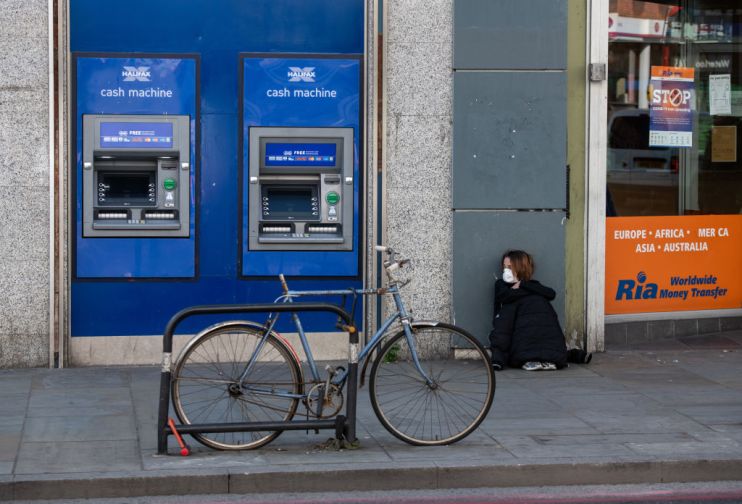On World Homelessness Day, can impact investing help us build back better?

There is no debating that we are looking down the barrel of a tough six months.
An increase in the daily cases of Covid-19 means that the gradual loosening of restrictions has ground to a halt, and the threat of a return to a full lockdown ahead of the festive season will be the Sword of Damocles for many of us as we try and strike the balance between maintaining our mental and physical health, supporting the economy, and protecting the NHS.
Will we once again receive the instruction to stay at home to save lives? I don’t know the answer — nobody does — but what I do know is that the security, safety and support of a home and family is invaluable.
However, we must remember that this too is a privilege, and on World Homelessness Day today, I am reminded that many people across the country do not have this support.
An estimated 320,000 people are homeless in the UK, according to December 2019 research by Shelter, with domestic abuse one of the leading causes of homelessness for women and children. And yet, even before the pandemic, Women’s Aid reported that 60 per cent of women being referred to specialist refuges were turned away due to a lack of space.
Covid-19 has had a dramatic impact — and not for the better. In August, the BBC’s Panorama reported that two thirds of women in abusive relationships suffered an increase in violence from partners during the pandemic. Refuge, the UK’s largest domestic abuse charity, reported a 700 per cent rise in calls to its helpline in a single day, and there were 4,000 domestic abuse arrests in London alone in the first six weeks of lockdown.
Meanwhile, a Women’s Aid survey showed that 38 out of 45 service providers had reduced or suspended at least one service since 6 April this year due to the pandemic, including the provision of shelter, as campaign groups resorted to asking hotel chains to open up rooms to those fleeing abuse.
This is an opportunity for change. While issues such as domestic abuse and food poverty have been exacerbated by the pandemic, so has our awareness and understanding of them. We all witnessed great generosity in the first half of the year, with the spirit of “clap for carers” guiding our behaviour and sense of community. That feeling of social responsibility and community energy now needs to be channelled into making a long-term difference.
And while charitable giving will always be important, we need to ask ourselves what more we can do. How can we address the root causes of homelessness?
Impact investment can be a significant part of the answer. If the pandemic has shone a greater light on these kinds of issues for people reading the news, it has done the same for investors scrambling to understand structural changes and provide realistic valuations in an uncertain market. As we all endeavour to “build back better”, impact investment can play a crucial role.
This is not a new concept. Last year, we set up the first ever gender lens property fund, the Women in Safe Homes (WISH) Fund, with fellow impact investors Resonance and Big Society Capital. The aim was to buy and provide property to address the lack of affordable, safe and secure homes for women experiencing or at risk of homelessness. We can create a return through rent and capital appreciation using our investment background and network, while helping those who need it the most.
This kind of effort is needed now more than ever — and the appetite for it is there. It is neither a zero-sum game nor an act of charity. It is about doing the right thing and understanding that the growth and recovery that the UK economy very much needs do not have to come at the cost of society’s most vulnerable.
The only thing we have to lose is time.
Main image credit: Getty